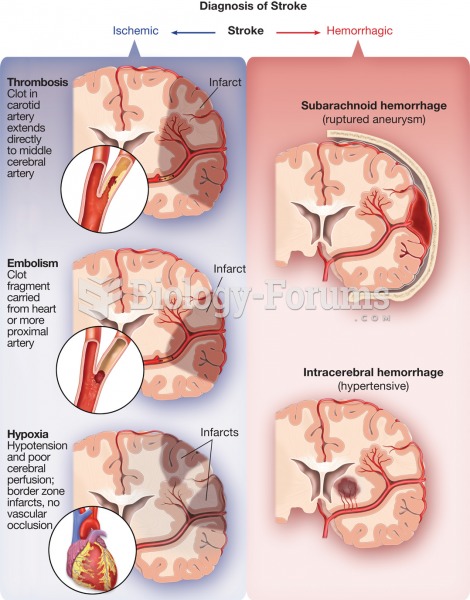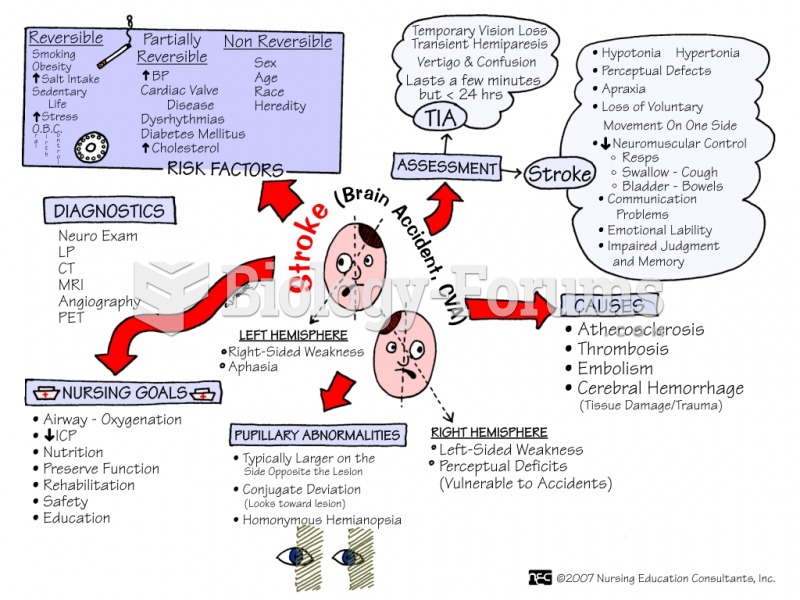Answer to Question 1
People engage in communication with others in the hope that the outcome might lead to mutual trust, mutual pleasure, and psychological well-being. The communication exchange is a means of sharing information about things, ideas, tasks, and selves.
Each communication interaction, whether casual or formal, provides an emotional stroke that can have either a positive or a negative effect on your feelings about yourself and others. Getting a pat on the back from a supervisor, receiving a congratulatory phone call or text message, and being listened to by another person are examples of everyday positive strokes. Negative strokes might include receiving a hurtful comment, being avoided or left out of conversation, and receiving a reprimand from a superior. By paying attention to the importance of strokes, managers can greatly improve communication and people's feelings about their work.
Answer to Question 2
Psychologist Abraham Maslow developed the concept of a hierarchy of needs through which people progress. In our society, most people have reasonably satisfied their two lower-level needs: physiological needs (food and basic provision) and security and safety needs (shelter and protection from the elements and physical danger). Beyond these two basic need levels, people progress to satisfy the three upper-level needs: social needs for love, acceptance, and belonging; ego or esteem needs to be heard, appreciated, and wanted; and self-actualizing needs, including the need to achieve one's fullest potential through professional, philanthropic, political, educational, and artistic channels.
As people satisfy needs at one level, they move on to the next. The levels that have been satisfied still are present, but their importance diminishes. Effective communicators are able to identify and appeal to need levels in various individuals or groups. Advertising is designed to appeal to need levels. Luxury car and dream vacation ads appeal to ego needs; teeth whitening and anti-aging product messages appeal to social needs; and identity theft, health and fitness, and environmentally friendly commercials appeal to security and safety needs.







